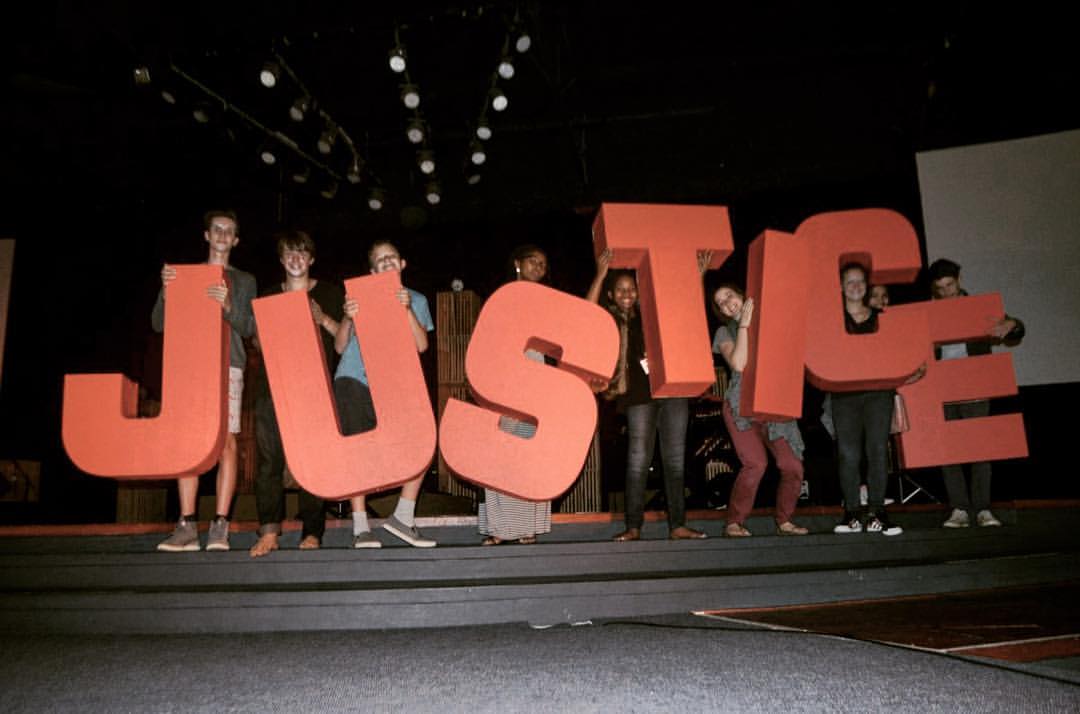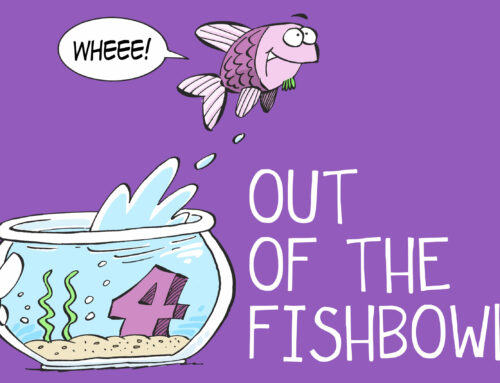Yesterday i shared some overview thoughts and impressions from The Justice Conference that we were part of this weekend.
i was on the social media team and my role specifically was to sit in meetings and workshops and tweet standalone thoughts [in 140 characters or less, or 16 less than that once you include the hashtag #JusticeSA2017, which incidentally you can click on in the Twitterer to connect with a lot of those thoughts]
Part of the time those went straight to the Twitterer and a lot of the time i was manually writing notes so i could tweet later… so this post is just going to be sharing some of those quotes – from different talks and electives and so they won’t tell one flowing story, but there might be one or two that jump out for you as something to think about or be challenged by.
Feel free to share those particular quotes but also maybe jump into the comments below and let us know which one or ones stood out most for you and maybe share a little bit about the how and why of that.
i hope you find these meaningful, because they have been for me:
René August was one of the MC’s holding the whole thing together and she started us off with this line:
What you see is not what you’re looking at, it’s what you’re looking with.
Reminding us that we all have different lenses and boxes and background experiences that help shape how we see and react or respond to the world and the happenings of it. For example i write ‘Black Lives Matters’ on Facebook and within seconds someone will respond with ‘White Lives Matter’ or ‘All Lives Matter’ because of the defensive nature of seeing a quote that doesn’t include you and assuming it means that your life doesn’t matter, when actually it is saying that white lives have always mattered in the bigger picture, but events/practices like slavery and apartheid loudly suggested that black lives didn’t matter, or certainly not as much. Being aware of what shapes our immediate knee-jerk response to something, helps us take a step back and really see more clearly what was intended by the message in the first place.
= = = = =
René again:
Jesus the Messiah is born at the time of King Herod in Bethlehem, which is like the armpit of Israel.
Jesus will be born a king. At that time you didn’t get born a king – you got appointed by Caesar.
Two simple reminders about the subversive nature of Jesus’ birth and the continual upside-down nature of the kingdom He came to proclaim and live out.
= = = = =
Next up was Sivuyile Kotela:
There is nothing inherently evil for someone of European descent to portray Jesus as white – having a picture of a white God because He is our Father. In the same way that there is nothing wrong with a black man portraying Jesus with dreadlocks.
What i think Sivuyile was saying with this was that it is okay for us [whoever we are] to envisage God in our colour when we relate to Him. After all, we were created in the image of God. And so for me as a white person it might be more of a connection place to see Jesus as white in my head and the same for a black person etc. But when we move to the place of stating “Jesus was white” that becomes problematic and is obviously not historically true.
A question to ask is, ‘How has the portrayal of the white Jesus affected the spirituality of the white man? Has it deepened it?
While it might be easier for us to relate to a God that looks a little more like us, i think the problem has been where we as white people have held to the notion that Jesus was white and come up with the therefore conclusion therefore white is better, or God is for the white people. And i think our imagery of Jesus as white has quite possibly made it a lot easier for people of colour to reject Jesus because He has been displayed as white and so more of a God for the white people. Which is why a more accurate depiction of Jesus might not be the worst thing in our art and our movies so that He becomes more relatable to everyone perhaps?
How is it that black churches are still comfortable with pictures of white Jesus in their churches? Could it be an inferiority complex?
Could another reason be that we are also struggling and have no idea what it means to have a father. The reality of black fatherlessness.
i can’t really speak into those two points but for me it was pretty interesting to see Sivuyile looking at some possible reasons why the black church has remained connected to a picture of white Jesus.
It is easy to create God in our image. But it is much harder for God to recreate you so that you look more like God. The question should not be: Does God look like us? But do we look like God?
It is possible by our actions to deny that God is our Father. How we treat each other denies God as Father. The power of apartheid was that it made many people doubt whether they were God’s children.
But these two points were and are the crux of the matter. Jesus came to demonstrate that it is possible to live a kingdom life. Images of what God or Jesus looked like are so much less important than standing in front of a mirror and asking, ‘Do i look more like Jesus/God? Is my life becoming more representative of Him?’ This becomes even more loud and significant as we move towards areas of Justice in the world.
= = = = =
My good friend Craig Stewart:
Western Christian faith has been shaped by experiences of white people.
We tend to shape God in our image. Almost imperceptible to those of us who are white.
Craig spoke about wanting a heart of flesh [as opposed to stone]:
We need to deal with the idolatry in our lives before that can happen.
Whiteness is an idolatry I inherited from the stories of past centuries.
i feel like that is a potential trigger point for white people. It is important to note that we are not talking about being white as being an idolatry. Whiteness is more the ideology that says white is better than, more than, more capable etc etc… And that is what needs to be severely dealt with and dismantled.
We need to deliberately repent of idolatrous belief and commit to doing it differently.
This is something i can speak into and feels like one of the hardest, most embarrassing, most shame-filled things i will ever be able to say. But i was brought up believing i was better than people who didn’t look like me. It wasn’t my family, rather it was the world around me that i grew up in, but at some point i certainly bought into it. That is a belief that i repent of, but it is not something that i can just turn off because i no longer want to believe it. It is something i have to violently attack in myself any time it rears its head. i need to actively be fighting against any hint of a belief that i am better for any reason whatsoever.
We have to seek out new ways of living, of being.
That kind of speaks to that old thought of, “If you keep on doing things the way you have always done them, you will keep on getting the same results you have always gotten.” [Ha Ha shoutout to Christie who is going to hate me for writing “gotten”]
It feels like simple maths, but maybe not simple enough for most of us to have done enough about. We need to live differently and for that to happen some thing [and more likely some things, many things] needs to change.
We put to death the law of apartheid in 1994, but we didn’t kill the spirit of apartheid. We need to form new habits.
There needs to be a long cycle of transformation, of unpacking. We need to work at it. They don’t just go away because we want them to go away.
= = = = =
That feels like a good selection to chew into for a little bit. i will post some more in due course…
[For more quotes from TJC including Sivuyile Kotela and Lisa Sharon Harper, continue to part II]
[For even more quotes from TJC including Nkosivumila Gola and Stephan de Beer, continue to part III]
# Also just to note i would love to share some stories from other people who attended The Justice Conference. So if you have thoughts, reflections, moments that moved you, please drop me an email at brettfish@hotmail.com and we can look at getting more of them out there.








[…] In part I i shared some thoughts from The Justice Conference from René August, Sivuyile Kotela and Craig Stewart and here are some other notes and thoughts i was able to take down: […]
[…] The Justice Conference: The Quotes [Part I] […]
[…] [For those of you wondering what the Justice Conference was about, check out some of these quotes fo… […]